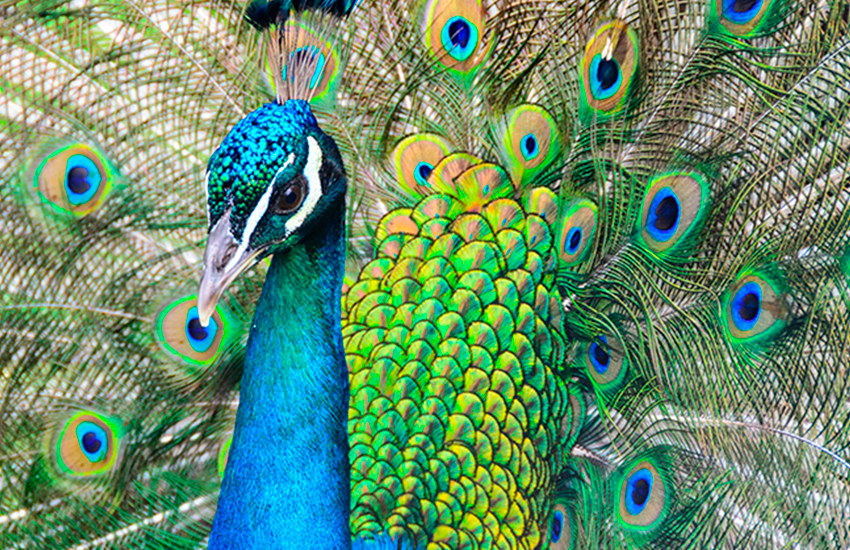Scientists have described the “unusual” way a new strain of COVID-19 has quickly established its dominance in the UK’s south-east including London.
The new variant was first announced by UK Health Minister Matt Hancock earlier this week. It’s called VUI 202012/01 and has the potential to overtake the current dominant strain in the UK, called 20A.EU1 which is believed to have first come from Spain.
Scientists at the COVID-19 Genomics UK Consortium (COG-UK), who have been working with Public Health England (PHE) said they first identified the new strain in September, but it is growing faster than the Spanish version. The University of Birmingham’s Professor Nick Loman said the “initial modelling has shown this is growing faster than that one, and we don’t have that same epidemiological link to importations.”It makes you wonder exactly what’s going on.”
He said the strain “does seem to have come out of nowhere” and thought it was “more likely to have come from the UK or to have evolved here but we don’t know that.”
There have been tens of thousands of mutations of coronavirus since it first emerged, with British scientists monitoring around 4000 strains. However this one has quickly become “prominent” with 17 mutations – significantly more than other virus forms.
“Most of the time if you see a large number of cases in a city, you see a lot of lineages and slightly different variants transmitting.”This is quite different from that, in that we are seeing a really sizable fraction of those cases associated with this new variant. That gives us a little bit more concern, it is a little more unusual compared to what we normally see.”
The strain has been linked to at least 1000 cases, Mr Hancock revealed on Monday, but the true number is said to be significantly higher. It has been seen in a cases in London, Kent and Essex, where the virus is rapidly spreading.
However there is no evidence it causes a more severe disease or could change the efficacy of vaccines.
Read more at The Sun
Recent Posts
- The Solar System is positively lousy with magnetic fields. They drape around (most of) the planets and their moons, which interact with the system-wide magnetic field swirling out from the Sun.
- Pregnant people cannot register for a Covid-19 vaccine prior to 14 weeks’ gestation.
- Mikel Arteta was not consulted over Arsenal’s decision to appear Amazon’s All or Nothing documentary this season
- Singapore should embrace openness and equip the people with the experience and skills to succeed, said Mr Heng.. Read more at straitstimes.com.
- Down on an atomic level, glass is a jumbled mess of atoms, which makes it easily prone to distortion and cracking. Now, chemists have discovered how to arrange the atoms within glass in such a way, the resulting material can even rival the strength o

